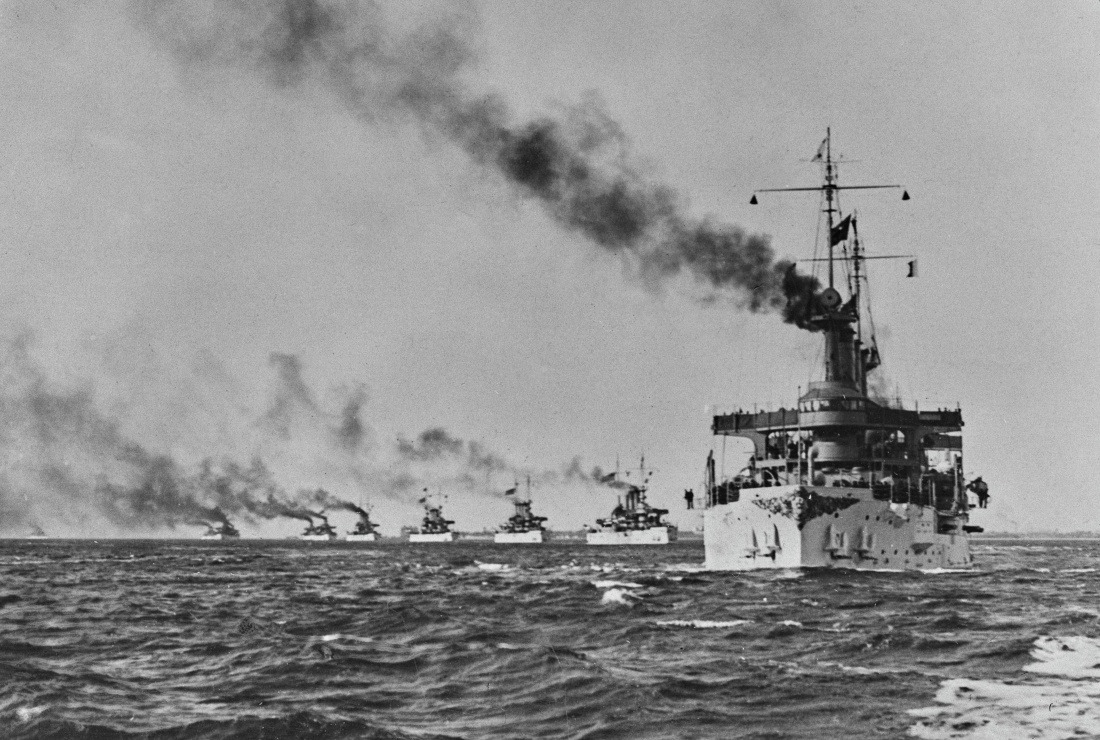
In response to the Chinese Communist Party increasing its presence in the western Pacific Ocean, the Trump administration recently responded brilliantly, in the manner of President Theodore Roosevelt, by increasing its presence in the Indo-Pacific.
In 1907, when the United States wanted to send a global message regarding its emerging power, Roosevelt sent a naval flotilla into waters that had never seen the American flag.
Popularly called the "Great White Fleet," the exercise was understood by friend and foe alike that the United States had arrived on the world stage and needed to be taken seriously.
Today's leaders of Communist China apparently read part of Roosevelt's manual for projecting power. They have just neglected to read the part about being a force for good.
Media reports reveal that China is extending its military reach ever deeper into the Pacific, using its powerful naval fleet to remind nations throughout that region that this is the communist giant of the 21st century. Of particular note is the fact that these ships include aircraft carriers, which are challenging to build and operate. Mastering naval aviation is a sign of a competent, professional and well-armed navy.
China is also using harsh rhetoric to augment its naval strategy. When Trump administration officials expressed concerns over the aggressive actions of China's navy, China's former Ambassador to the Philippines, Liu Jianchao, who is a senior member of the regime, told a forum in Beijing this month that Washington is inciting "confrontation and conflict." In other words, call me out for my aggressive actions and I will accuse you of being the aggressor.
Unlike Roosevelt's strategy of "speak softly and carry a big stick," China views its navy as a means of openly intimidating freedom-loving nations throughout the Pacific.
The US response is called deterrence -- sending the signal to potential adversaries that if they are even thinking of military aggression against the US or the West, the cost to them will be far greater than any disaster they can think up. It is just this deterrence by the US that has been missing for a while, apparently due to fears of "escalation."
A fear of escalation is a message that one is too afraid of being attacked to defend oneself – seen as an implicit surrender. It is usually interpreted by adversaries an open invitation to move in and help themselves, cost-free. As Roosevelt wisely noted, "A good Navy is not a provocation to war. It is the surest guaranty of peace."
We owe President Donald J. Trump a thanks for reestablishing the United States as a nation not to be bullied and that is a force for good. In his first term, he initiated the Abraham Accords, which no one at the time thought would succeed, but which established peace between Israel and the United Arab Emirates, Bahrain, Sudan, Kosovo and Morocco. In his term, he has already acted to prevent Iran from having nuclear weapons; made peace between the Democratic Republic of Congo and Rwanda, persuaded Thailand and Cambodia to agree to peace talks, and has (finally) put Russian President Vladimir Putin on notice that Ukraine is not his for the taking.
In 1906, Roosevelt became the first US president awarded the Nobel Peace Prize, for having successfully negotiated the settlement between Russia and Japan in the Russo-Japanese war. Surely Trump deserves a Nobel Peace Prize, too.
Lawrence Kadish serves on the Board of Governors of Gatestone Institute.


